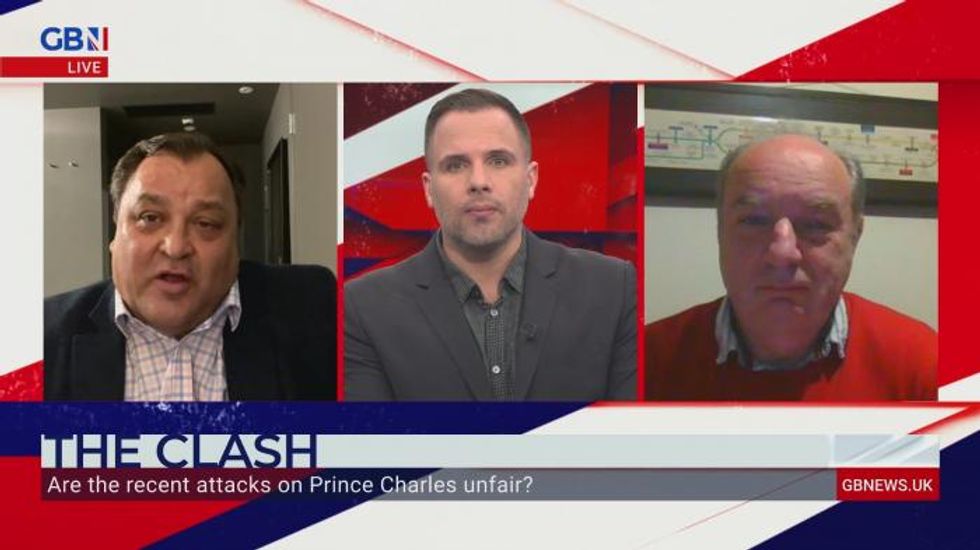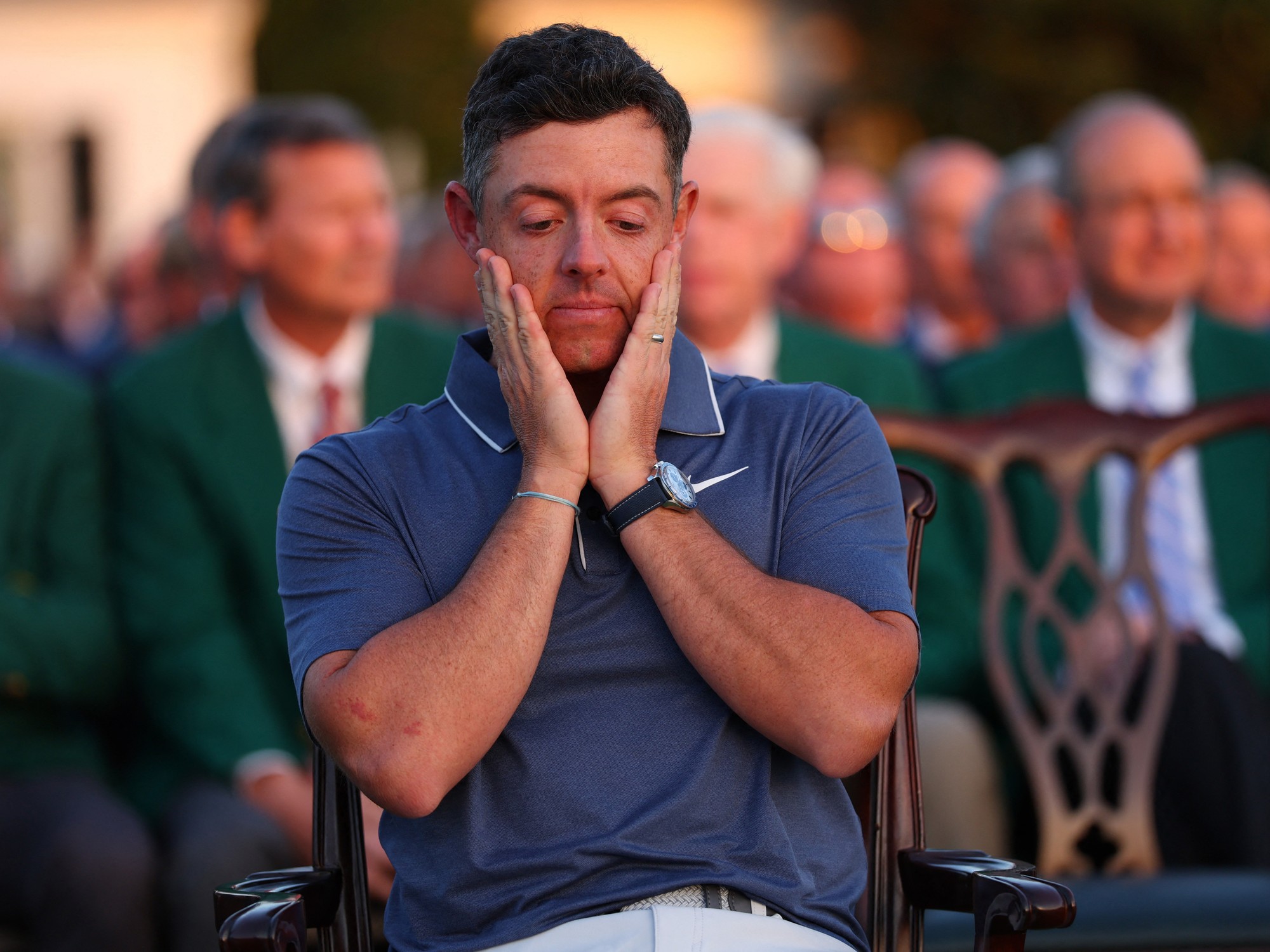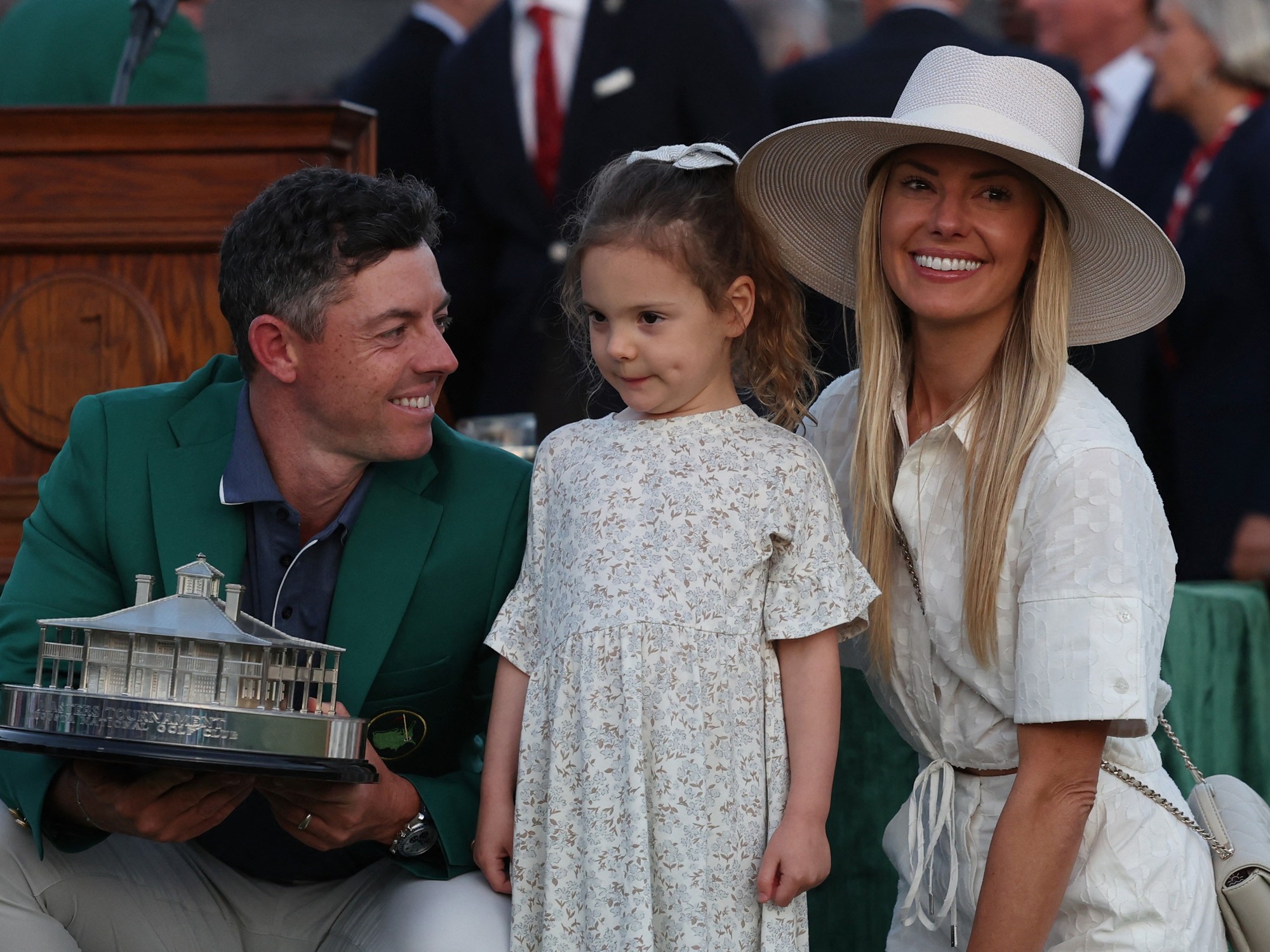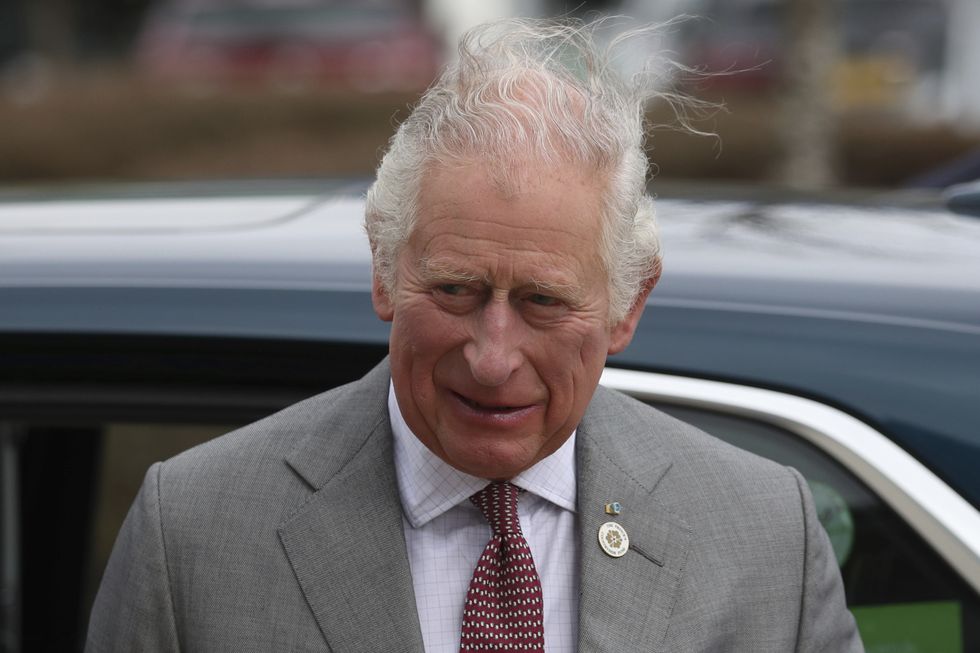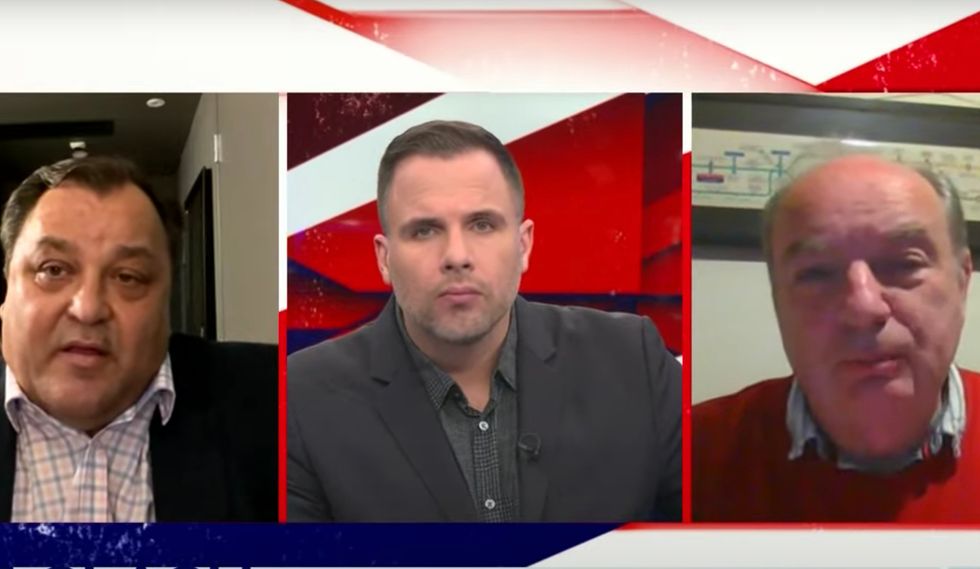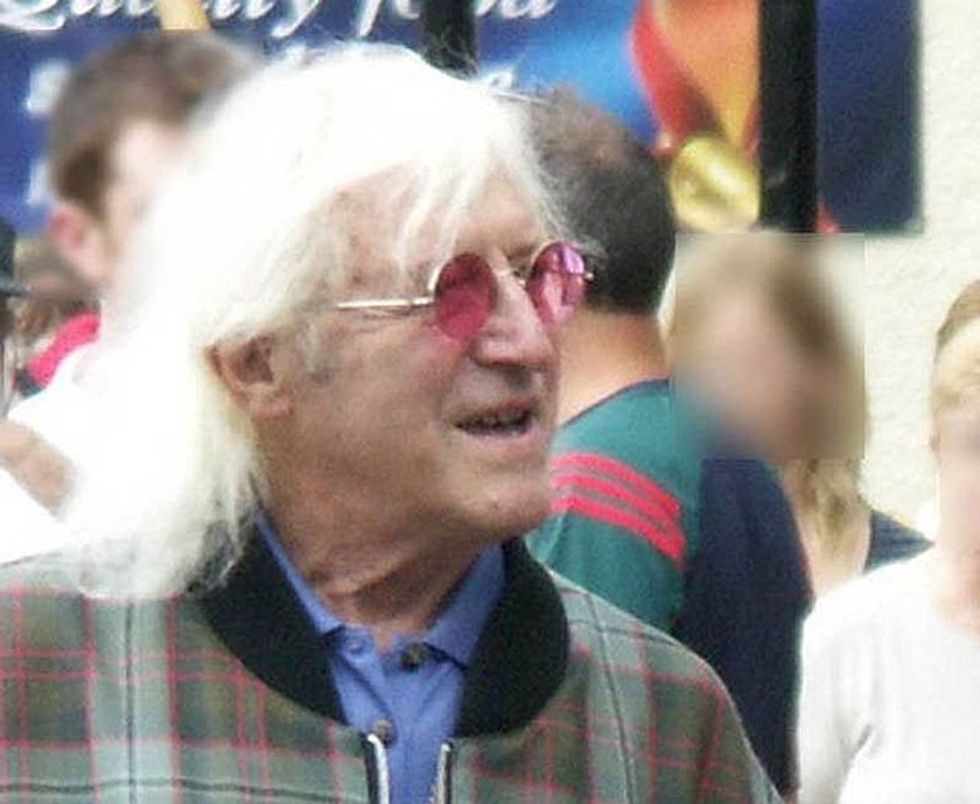"I think it is legitimate for the public to know about the actions of the heir to the throne," Norman Baker said
Don't Miss
Most Read
Trending on GB News
Prince Charles is said to have an "issue with judgement" ahead of the new Netflix documentary that examines the future king's relationship with disgraced entertainer Jimmy Savile.
Speaking to Dan Wootton on GB News, Liberal Democrat politician Norman Baker said: "I think it is legitimate for the public to know about the actions of the heir to the throne.
"I think he will be king not before long and therefore his judgement is a matter of public interest.
Mr Baker added: "Prince Charles has many positive points, but there is an issue about his judgement."
Royal author Robert Jobson responded: "It is easy in hindsight to look back when we know what a vile character he was.
"But he was right in the heart of the establishment, he had a lot of powerful people in his pocket and I don’t remember too many MPs speaking out against him."
"I'm sure he’s cringing about everything that’s been written and shown about him, but a lot of it came out ten years ago."
The Prince of Wales during a visit to Kromek PLC in Sedgefield, County Durham.
Scott Heppell
The new Netflix documentary is set to examine Savile’s correspondence with Charles.
Director Rowan Deacon said the letters exchanged between the pair gave them an “understanding of the nature of the friendship that they had”, which she feels has not been fully understood before.
She said: “I suppose what was most interesting, and why we’ve included those in the film, which looks really broadly at many reasons why Jimmy Savile wasn’t apprehended before he died, is that the relationship was one where Prince Charles trusted and respected Jimmy Savile.
“And I think that’s really interesting because I think what we were trying to do is look honestly at our, the British public’s, relationship with Jimmy Savile, in order to try and explain how he got away with it.
“And I think there’s been a temptation to say after the revelations ‘Oh well, I always knew, I always hated the man’. That seems to be the common answer we got when we phoned people up.
“And I think that’s unhelpful because I don’t think the archive material or footage brought that out. I think that isn’t the case. He was trusted and respected. And I think that we need to look at that in order to understand how perpetrators behave and how this happened.”
Robert Jobson, Dan Wootton and Norman Baker
GB News
Deacon noted in conversation with The Times 2 supplement that they are “not suggesting for one moment” that the prince knew what Savile was “really up to”.
The director also said that a great deal of the more than 700 hours of footage that the documentary team looked at had been put away following the revelations of Savile’s years of sexual abuse.
Through her analysis, she feels his approach at “hiding in plain sight” changed across the decades.
She said: “I think in the 1960s and 1970s what’s most shocking is that his what we now describe as lascivious, creepy, assaulting behaviour on women, which is happening in front of the camera on broadcast footage, what’s shocking about that is not that he’s doing it, because we now know what we know, it’s that nobody blinks an eye, it’s completely normal.
“So I think that the social conditions at the time normalised that kind of behaviour.
“I don’t mean the things that we found out that he was also doing, but the sort of public lasciviousness and creepiness (that) was not judged as anything problematic.”
Deacon feels Savile’s tactics changed by the 1990s as by then she thinks he was seen as a “creepy and strange figure” so he himself became the “source of the rumours”.
“He’s the one saying the creepy things and suggesting that he’s up to no good, and I think he does a kind of double bluff with the audience”, she said.
“So it’s quite confusing and people end up thinking ‘Well, he’s sort of saying it so it can’t be true’.
“And I think that kind of psychological game that goes on, it’s quite complex, that we can now look back at in the archive and we also asked our interviewees who were in the archives to look back at it themselves, which was kind of an interesting experience, really helps us to understand how this happened in a way that’s illuminating.”
Jimmy Savile
PA

